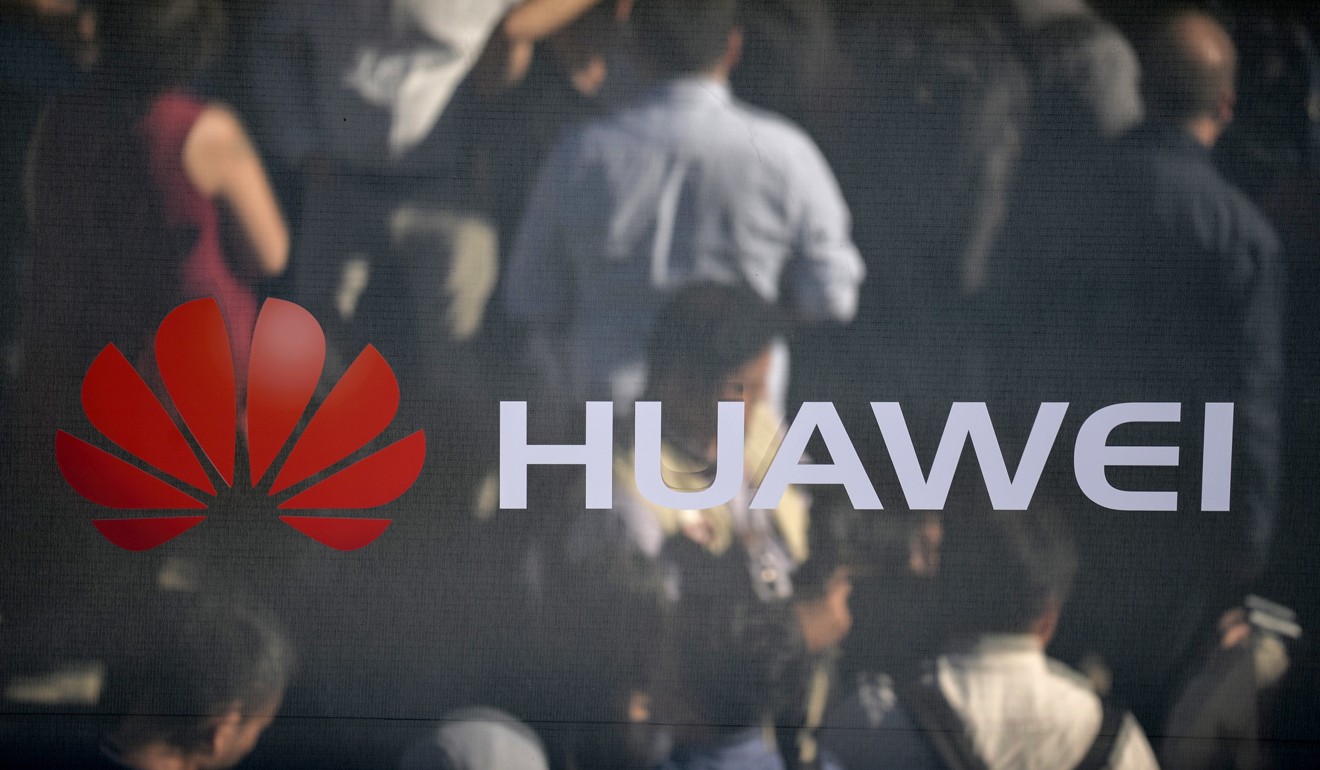
Any Western country using Huawei or other Chinese tech makers in major projects will risk consequences, US ambassador warns
- In hardline remarks, US ambassador to the EU Gordon Sondland says users of Chinese tech will be at a disadvantage in dealing with the US
- Germany investigates potential security threat from Huawei
Any Western country allowing equipment from Huawei Technologies or other Chinese makers to be used in critical infrastructure projects will face the risk of US countermeasures, the US envoy to the European Union said.
The warning by ambassador Gordon Sondland came after a report in business daily Handelsblatt that the German government wants to avoid excluding products offered by Huawei from the next-generation 5G network in Germany.
However, the Funke group of newspapers reported later on Friday that Germany’s federal cybersecurity agency is investigating whether Huawei Technologies could be a security threat after warnings from other countries.
Funke cited Economy Minister Peter Altmaier as saying the German government did not have information on whether Huawei could be a security threat, adding the Federal Office for Information Security (BSI) had been activated.
Altmaier also said talks on security standards for the mobile network were ongoing, adding that Germany needed to protect itself “in all sensitive areas, from hospitals to telecommunication.”
His comments appeared to push back against an earlier report by Handelsblatt that Berlin had reached a consensus not to exclude Huawei from building next-generation 5G networks, deciding instead to impose tougher compliance rules on foreign vendors.
Nevertheless, Sondland’s comments add to signs that US President Donald Trump’s administration is pushing for a blanket ban on Chinese companies from new 5G wireless networks, autonomous vehicles and other lucrative contracts in the technology sector throughout Europe, North America and other American allies.
Sondland’s comments come as the European Union weighs the introduction of a new sanctions regime against companies or countries involved in cyberespionage and intellectual property theft.
“There are no compelling reasons that I can see to do business with the Chinese, so long as they have the structure in place to reach in and manipulate or spy on their customers,” Sondland said on Thursday.
Huawei likely faces 5G ban in Canada, security experts say
“Those who are charging ahead blindly and embracing the Chinese technology without regard to these concerns may find themselves in a disadvantage in dealing with us.”
Depending on the Chinese equipment used by Western countries, the US may have to be “more careful in sharing information, in transacting business” and a “host of things”, Sondland said.
He urged European countries to pick Finnish and other Scandinavian companies for their 5G contracts, citing a Chinese law that allegedly compels any private company in the country to cooperate with the government “on any intelligence matters in secret and without refusal”.
Senior European officials have echoed Sondland’s concerns. Last month, Andrus Ansip, European Commission vice-president for digital affairs, said China’s National Intelligence Law, passed in 2017, had increased the risk in dealing with Chinese companies in Europe.
The law mandates any organisation and citizen to support and help national intelligence in their investigations and to keep information related to such investigations.
US tells European allies: don’t buy ‘untrusted’ Chinese gear for 5G networks
While Ansip stopped short of urging restrictions for Chinese companies, he urged “all the governments, all the responsible people, to deal with the risk assessment in a very serious way”.
No EU-wide law has been introduced on the matter to date, and any restrictions on 5G contracts for national security reasons remain a decision for individual nations.

In a report published on Wednesday, Handelsblatt said that, after a regular cabinet meeting, German Chancellor Angela Merkel’s chief of staff, Helge Braun, agreed to try to avoid banning Huawei, after discussions with the foreign, interior, economy, finance and infrastructure ministries. The report cited government sources.
German ministers had discussed how to safeguard security in future 5G mobile networks, amid intense debate over whether to shut Huawei out of the market, sources separately told Reuters.
Merkel has said Germany needs guarantees that Huawei would not hand data to the Chinese state before it can take part in building fifth-generation networks that would link everything from vehicles to factories at far greater speeds.
Huawei, the global networks market leader with annual sales exceeding US$100 billion, faces international scrutiny over its ties with the Chinese government and suspicion that Beijing could use its technology for spying.
No evidence has been produced publicly and the firm has repeatedly denied the claims, but the allegations have led several Western countries to restrict Huawei’s access to their markets.
Huawei has already set up information security labs in Germany and Britain aimed at building confidence that its equipment does not contain “back doors” exposing networks to cyberspies. On Wednesday the company offered to build a similar centre in Poland.
Italy’s industry minister on Thursday denied a report that Italy would ban Huawei and ZTE, another Chinese telecoms giant, from playing a role in building its 5G network.


